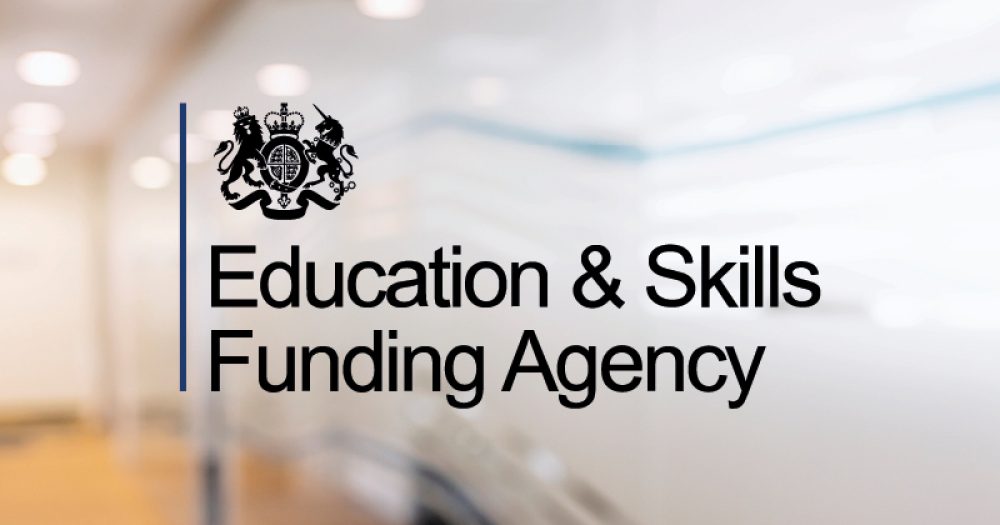Private training providers whose recruitment of 16 to 19 students has been “limited” due to Covid-19 have been offered financial support to ease budget pressures.
From today, independent learning providers (ILPs) can make a business case to the Education and Skills Funding Agency to prevent clawback of any underperformance they have experienced for this group of learners.
The ESFA said: “ILPs may be recruiting fewer part-time students than they would normally recruit between March 2020 to July 2020.
“This will impact on the level of funding that these students would usually attract and will result in clawback of funds for 2019 to 2020.
“The ESFA will support ILPs whose recruitment of students, to a 16 to 19 study programme, have been limited due to the lockdown situation and who have faced clawback for under performance.”
For approved cases, the ESFA said it will base the expected delivery in March to July on the previous year’s delivery for students recruited between 1 March 2019 and 31 July 2019, taking up to half of this into account.
In addition, the agency will “add the actual delivery for students recruited between March 2020 and July 2020, up to a maximum of 100 per cent of the 2018 to 2019 funded delivery for March 2019 to July 2019”.
No clawback relief will be possible if the cash delivery in 2019 to 2020 exceeds the cash delivery in 2018 to 2019 for the period from 1 March to 31 July for each year.
The ESFA added that to further support ILPs, they are extending the clawback period to include January 2021 to March 2021.
“The clawback that is planned for July 2020 will be included into the re-profiling, from August 2020 to March 2021. This does not need to be requested and will be shown in the R10 reconciliation statement.
“There may be a small number of exceptions where a risk to ESFA and public funds is identified. In these instances, we cannot delay July 2020 clawback, but we will extend the clawback profile until March 2021.”
The ESFA made clear this funding support is a “one-off” in response to the unexpected disruption caused by the arrival of coronavirus and ILPs should “not expect this to be repeated in future”.
ILPs making a business should also “not seek” support from government’s Coronavirus Job Retention Scheme (CJRS) to furlough staff whose salaries are paid from continuing ESFA or any other public income.
“ILPs submitting a business case must demonstrate they have not received support from the CJRS to furlough staff involved in the continued direct delivery of provision remotely of 16 to 19 study programmes and where possible recruitment of 16 to 19 students between March 2020 to July 2020,” the ESFA said.
“The Department for Education is considering appropriate measures to monitor use of claims from CJRS in order to detect any duplication of public funding and will be considering potential options to recover misused public funding as required.”









Does this apply to 16-18 traineeships and apprenticeships?
Will funding be granted for traineeships to a training provider who has only had an Ofsted monitoring visit achieving reasonable progress across all themes but not yet a full Ofsted inspection?